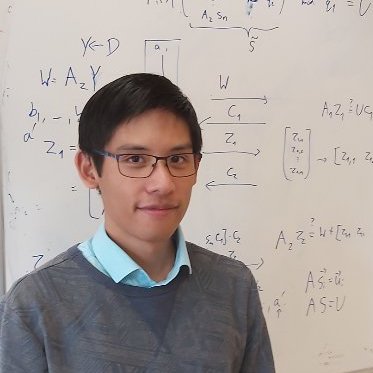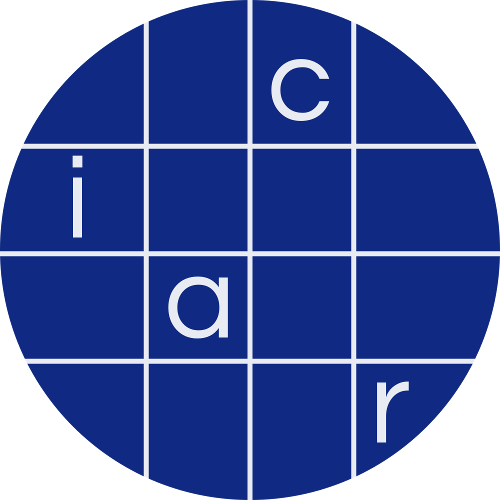Who's Speaking?

Anna Lysyanskaya
Brown University

Foteini Baldimtsi
George Mason University

Anja Lehmann
Hasso Plattner Institute

Sofia Celi
Brave

Julia Kastner
ETH Zurich

Shuichi Katsumata
PQShield Ltd

Ngoc Khanh Nguyen
King's College London

Stefano Tessaro
University of Washington

Octavio Pérez Kempner
NTT Social Informatics Laboratories

Daniel Slamanig
Universität der Bundeswehr München













